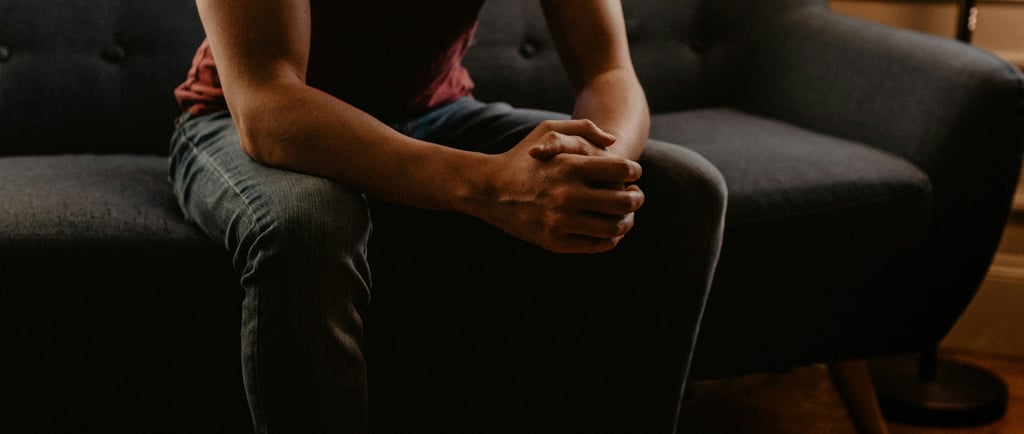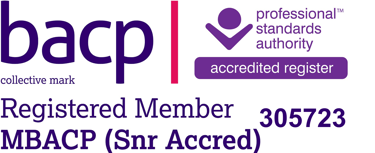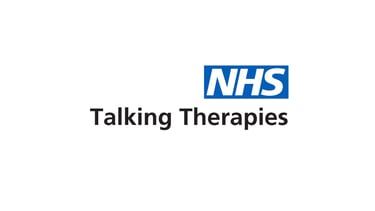Grief and Bereavement Counselling:
Supporting You Through Loss


Grief and Bereavement Counselling: Supporting You Through Loss
Coping with the Death of a Loved One
Losing someone close to you is one of the most painful and life-altering experiences we face. Grief is a natural and deeply personal response to bereavement—there’s no one-size-fits-all approach. It can feel overwhelming, unpredictable, and exhausting. Some days may feel more manageable, while others can feel incredibly difficult. If you’re grieving, please know you’re not alone. Healing from loss is possible, even if it takes time.
What Is Grief? Understanding the Grieving Process
Grief is more than just feeling sad. It can bring a whole range of emotions, including anger, guilt, confusion, numbness, or even relief. You may also notice physical symptoms like fatigue, headaches, disrupted sleep, or changes in appetite. Grief affects everyone differently and doesn’t follow a predictable timeline—it’s a process that unfolds in its own way and at its own pace.
How to Cope with Grief: Practical Tips for Healing
If you’re wondering how to cope after a bereavement, here are some gentle ways to support yourself:
1. Allow Yourself to Grieve
There is no ‘right’ way to grieve. However you’re feeling is valid. Give yourself permission to feel what you need to feel, without pressure or judgement.
2. Talk to Someone
Grief can feel isolating, but you don’t have to go through it alone. Reaching out to a friend, family member, or professional bereavement counsellor can offer support and relief. Sometimes just speaking your truth out loud can ease the weight of it.
3. Take Care of Your Physical Health
Grief takes a toll on the body as well as the mind. Try to eat nourishing food, rest when you can, and get some fresh air. Even small acts of self-care, like a warm bath or a gentle walk, can make a difference.
4. Honour Your Loved One
Finding personal and meaningful ways to remember someone can be a healing part of the grieving process. You might write them a letter, light a candle, share stories, or create something in their memory.
5. Be Kind to Yourself
Grief is hard work. Give yourself permission to slow down, take breaks, and feel whatever comes up. Healing doesn’t mean forgetting—it means learning to carry your loss in a way that feels manageable over time.
Grief and Neurodivergence
If you're neurodivergent, including autistic or ADHD, you may experience grief in ways that aren’t always recognised or supported by mainstream models. You might feel emotionally overwhelmed or disconnected, or struggle with routines being disrupted by loss. You may also process grief more cognitively or in non-linear ways. That’s okay. We’ll work in a way that honours how your brain works, using approaches that feel supportive, rather than overwhelming or rigid.
Grief and the LGBTQIA+ Community
For those in the LGBTQIA+ community, grief may come with additional layers. The person you lost might have been one of the few people who truly saw and accepted you. You may be navigating estrangement from biological family, or feeling isolated within a culture that doesn’t recognise the significance of your relationship. Queer grief is real—and it deserves space, respect, and care.
Pet Bereavement: Grieving the Loss of a Beloved Animal
The loss of a pet can be every bit as painful as the loss of a person. Pets often provide unconditional love, companionship, and emotional support—especially for LGBTQIA+ individuals, autistic people, and those managing mental health challenges. Sadly, pet loss is often minimised or misunderstood by others, which can make the grief feel even more isolating.
Moving Forward with Compassion
Over time, grief changes. It doesn’t disappear, but it becomes more familiar. You may not “get over” your loss, but you can learn to live alongside it. Healing is about finding your own way forward—while still carrying the love and memories of the person who’s died.
When to Consider Bereavement Counselling
If your grief feels stuck, overwhelming, or is affecting your ability to function day-to-day, bereavement counselling may help. Speaking with a trained therapist can give you a safe and confidential space to explore your emotions and find healthy ways to cope with loss.












